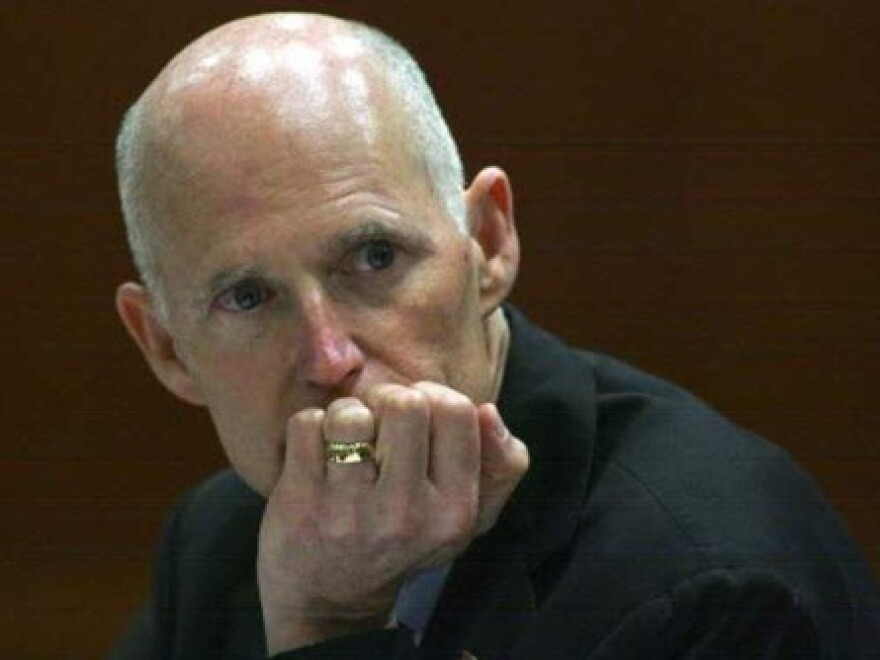Governor Rick Scott highlighted a mental-health reform bill at a ceremonial signing in Miami on Tuesday.
Lawmakers passed Senate Bill 12 earlier this year, with the aim of revamping the way people with addictions or mental illnesses are treated in Florida.
Scott originally signed the bill in April, and it takes effect July first.
Judge Steve Leifman of Miami --- a national expert on mental health and the criminal justice system --- says the bill will steer people to get the help they actually need.
“This also tries to encourage earlier identification, and earlier treatment,” Leifman said. “When you do that, you are going to get better outcomes. It is going to save a lot of taxpayer money. It is going to improve our public safety, and it is going to really help people get their lives back together and have hope and dreams and a life of recovery.”
The new law requires what is known as a "no wrong door" policy, which will allow people who need mental-health or substance-abuse treatment to get it no matter how they enter the system.


